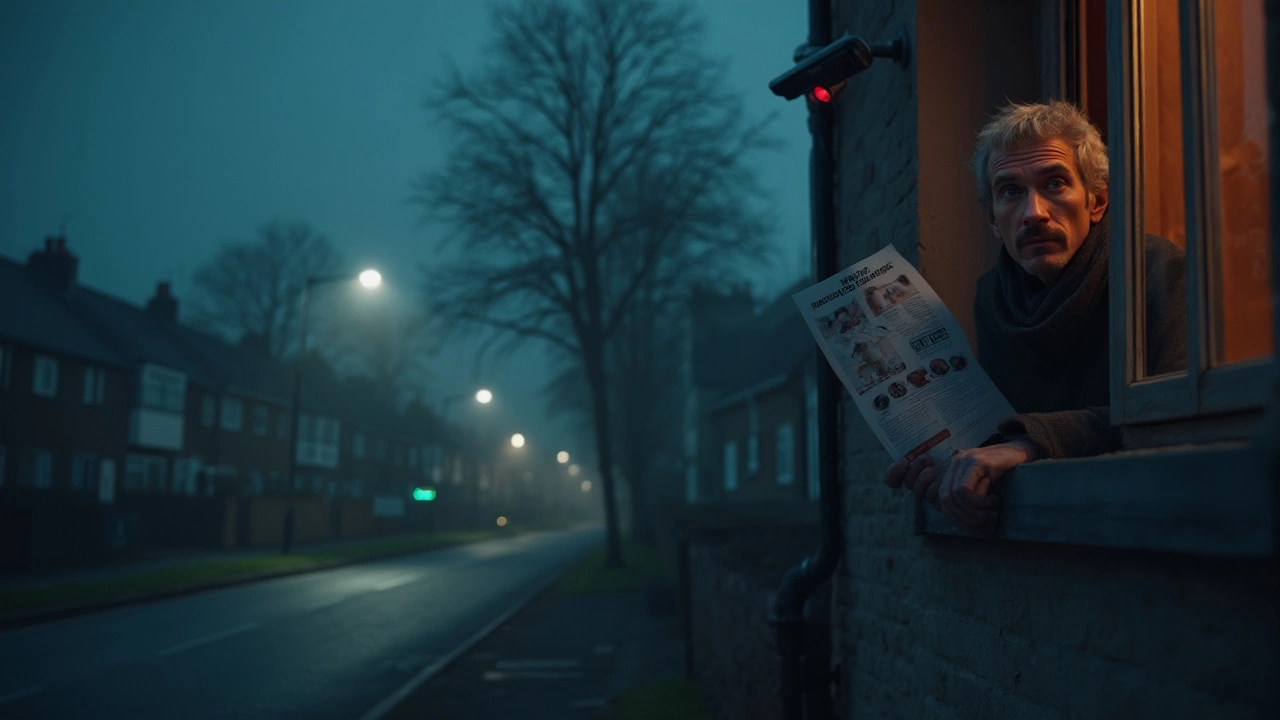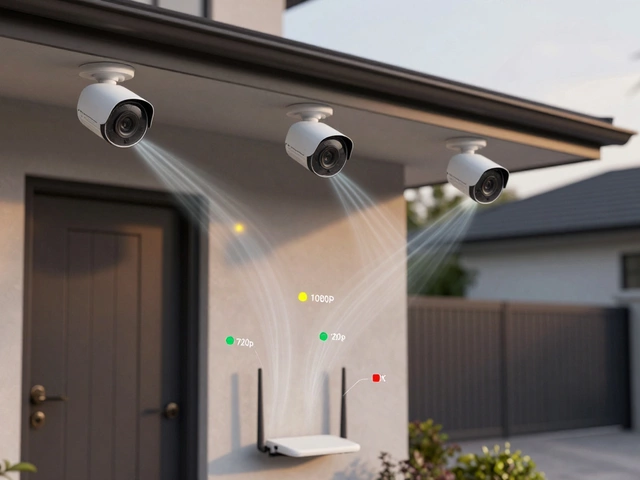What the Law Says About Smart Home Security Devices
Ever wonder if your new video doorbell or indoor camera could land you in legal trouble? In the UK, privacy and surveillance rules are clear, but many homeowners miss the details. This guide breaks down the most common legal questions, so you can keep your home safe without crossing a line.
Do You Need Permission to Install a Doorbell Camera?
For most private properties, you can install a doorbell camera without a special permit. The key is where you point the lens. If the camera only records the front of your own house, you’re fine. Problems start when the field of view captures neighbours’ gardens, driveways or public footpaths. In that case, you could be breaching the Data Protection Act 2018 and the GDPR, which require you to have a lawful basis for filming private areas.
To stay safe, aim the camera just enough to cover your doorstep. Many manufacturers let you set a narrow angle or add a privacy mask that hides parts of the scene. If you need a wider view, consider a sign that warns visitors you’re recording – it helps prove you’re acting transparently.
Neighbour Complaints and the Law
Neighbours often raise privacy concerns, especially with devices like Ring or Nest that stream video to the cloud. In England and Wales, there’s no specific “neighbour law” for cameras, but common law nuisance and breach of confidence can apply. If a neighbour can prove that your camera constantly points at their property and causes distress, they could take legal action.
Best practice is to talk to the people next door before mounting a camera that might catch their windows or patio. Explain why you’re installing it and show them the angle settings. Most disputes disappear once everyone knows the device is focused on your own property.
If a complaint does arise, the first step is to adjust the camera or add a privacy mask. If the issue persists, you might be asked to remove the device entirely. Ignoring a valid complaint can lead to an injunction – a court order that forces you to take down the camera.
Another common worry is the recorded footage itself. Under GDPR, you must store video securely, limit how long you keep it, and never share it without a valid reason. Many cloud services automatically delete footage after 30 days unless you pay for longer storage. This built‑in limitation helps you stay compliant.
Lastly, remember that Wi‑Fi jammers, signal blockers, or tampering with neighbour’s networks is illegal under the Wireless Telegraphy Act 2006. If you’re thinking about stopping a neighbour’s camera from working, don’t – it’s a criminal offence.
Bottom line: you can enjoy the peace of mind that smart security brings, but keep the camera’s view focused on your property, be transparent with neighbours, and handle the footage responsibly. Follow these simple rules, and you’ll avoid costly legal headaches while keeping your home protected.


